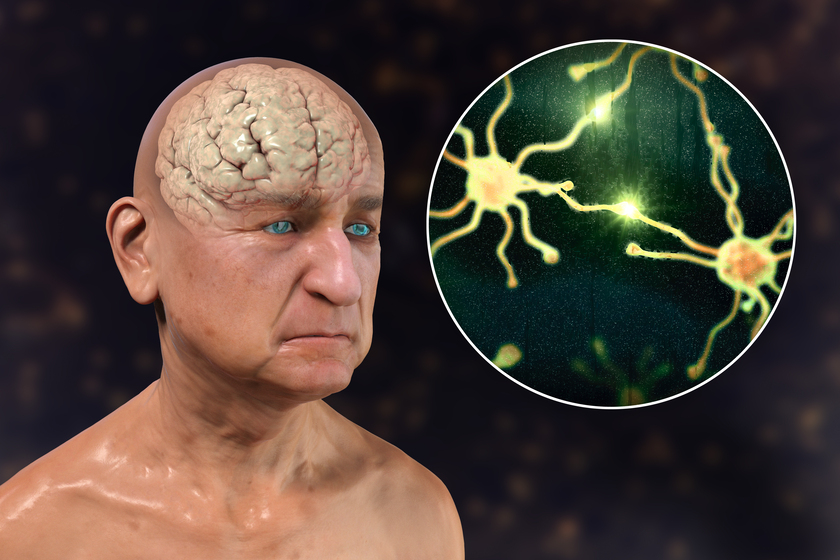Understanding whether vascular dementia is hereditary is a pressing question for many individuals and their families. Vascular dementia is a condition characterized by impaired blood flow to the brain which often leads to cognitive decline.
This concern touches the lives of many who worry about the future health of their loved ones. If you or your loved one is seeking to understand the genetic factors influencing vascular dementia, this article provides valuable insights into the hereditary aspects of this condition.
Vascular dementia, unlike some other forms of dementia, is generally not considered to be directly inherited. However, the genetic components that influence the risk factors for vascular dementia do play a significant role. Understanding these factors can help in managing and potentially reducing the risk of developing this condition.
Genetic Factors and Risk
Although vascular dementia itself is not typically inherited, certain genetic factors can increase your risk. For instance, genes affecting cholesterol levels, blood pressure, and diabetes can contribute to the risk of developing vascular dementia. Familial hypercholesterolemia is a genetic condition that causes high cholesterol levels. It is one example of a hereditary factor that might indirectly influence the risk of vascular dementia.
Moreover, the presence of certain genetic markers can also indicate a higher predisposition to conditions that may lead to vascular dementia. For example, the APOE ε4 allele is known to increase the risk of both Alzheimer’s disease and vascular dementia. While having this genetic marker does not guarantee that you will develop vascular dementia, it is an important factor in assessing overall risk.
Lifestyle and Environmental Influences
In addition to genetic factors, lifestyle, and environmental influences are crucial in the development of vascular dementia. Smoking, poor diet, lack of exercise, and excessive alcohol consumption can significantly increase the risk. These factors can exacerbate genetic predispositions. Hence, it is essential to maintain a healthy lifestyle to mitigate potential risks.
Regular physical activity, a balanced diet, and effective management of chronic conditions like hypertension and diabetes are key strategies for reducing the risk of vascular dementia. By understanding and managing these aspects, you can help lower the overall risk and promote brain health.
The Role of Early Detection and Management
Early detection and proactive management are vital in addressing the risks associated with vascular dementia. Regular health check-ups, monitoring of cardiovascular health, and cognitive assessments can aid in early identification of symptoms. By staying vigilant and informed, you can take steps to address the condition promptly and effectively.
Family History and Genetic Counseling
If you have a family history of vascular dementia or related conditions, genetic counseling can be a valuable resource. Genetic counselors can help you understand your risks, interpret genetic test results, and provide guidance on managing your health. This personalized approach can empower you to make informed decisions and take proactive steps in managing your risk.
Understanding your family history and seeking professional advice are important steps in managing the challenges of vascular dementia. By utilizing genetic insights and health information, you can better prepare for and potentially prevent the onset of this condition.
Managing Vascular Dementia Risk
While vascular dementia itself is not typically hereditary, genetic factors and family history can influence your risk. By understanding these components and adopting a proactive approach to health management, you can significantly reduce your risk.
Our retirement community is dedicated to providing the support and resources needed to help you and your loved ones handle these challenges effectively. To learn more about our Memory Care programs and how we can support you, contact us today. Explore the senior living options we offer in our community and learn more about our approach.





